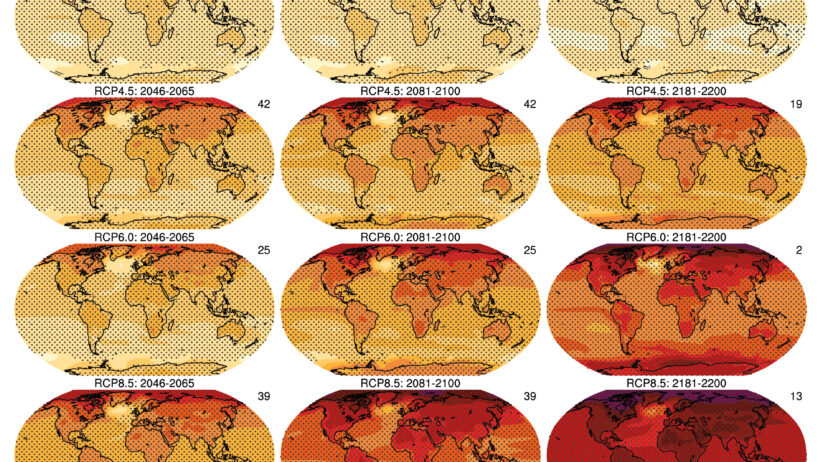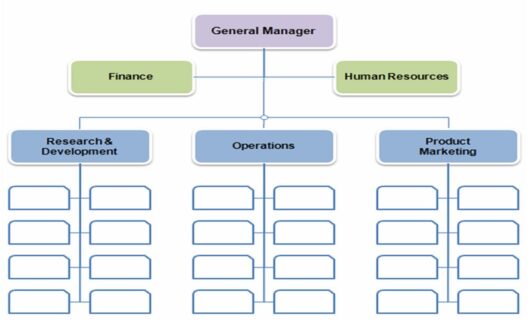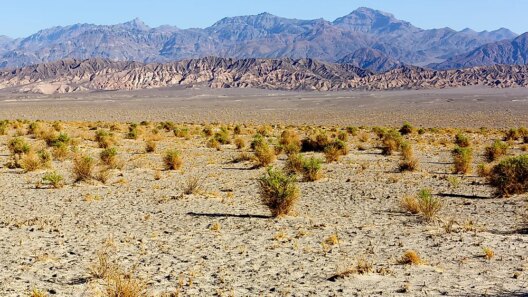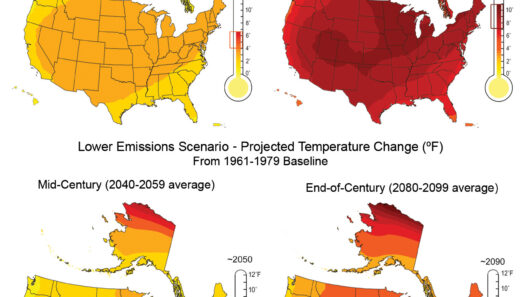Climate change is a pervasive issue that has infiltrated the consciousness of societies worldwide. The alarm bells have been ringing for decades, yet there remains an ongoing debate regarding the severity and immediacy of its consequences. “Will climate change kill us all?” is an emotive question, often rooted in fear rather than informed analysis. It demands not only a dissection of the facts but also an understanding of the societal narrative surrounding climate-related phenomena.
At its core, climate change refers to long-term alterations in temperature, precipitation, wind patterns, and other elements of the Earth’s climate system. These transformations are predominantly fueled by anthropogenic activities, which have increased concentrations of greenhouse gases in the atmosphere. The implications of these changes are profound, affecting natural ecosystems, economies, and human health. However, before succumbing to apocalyptic visions of the future, it is crucial to sift through the narratives, distinguishing between empirical evidence and sensationalized fears.
One of the most prominent concerns is the apocalyptic imagery often associated with climate change: rising sea levels engulfing coastal cities, unprecedented natural disasters, and mass extinctions. It is indeed true that climate change can disproportionately exacerbate weather events, leading to catastrophic outcomes in various regions. The increasing frequency of hurricanes, droughts, and wildfires serves as a testament to this reality. Yet, it is essential to recognize that while these phenomena are intensifying, humanity possesses the capacity for resilience and adaptation.
Human ingenuity is continually at the forefront of combating climate change. Technological advancements in renewable energy sources, such as solar and wind, signify a transition away from fossil fuel dependence. Moreover, countries around the world are increasingly committing to net-zero emissions targets, recognizing a collective responsibility towards global sustainability. This transition does not negate the dangers posed by climate change, but it illustrates that the future is not solely dictated by despair.
Furthermore, the narrative surrounding climate change often underscores the vulnerabilities faced by marginalized communities. It is critical to address these inequities, as the impacts of climate change are not evenly distributed. Vulnerable populations, particularly those in developing nations, are disproportionately affected by climate-induced challenges, encompassing food insecurity, water scarcity, and health risks. This dynamic introduces an ethical imperative: addressing climate change must go hand-in-hand with social justice efforts to ensure that all communities can withstand and recover from its repercussions.
A pertinent question arises: can climate change lead to human extinction? While the notion may evoke dire imagery, the academic consensus indicates that extinction is unlikely in the short term. Most projections forecast substantial disruptions, rather than absolute annihilation. However, the threat of severe biodiversity loss is a consequence that cannot be overlooked. Many species are facing extinction due to rapidly changing climates and habitat destruction. This holds profound ramifications for ecosystem stability, potentially jeopardizing the very foundations of human existence.
Moreover, climate change poses a significant risk to global food systems. The prevalence of extreme weather events disrupts agricultural production, challenging the ability to feed an ever-growing population. Increased temperatures can diminish crop yields, while changing precipitation patterns complicate farming practices. Such challenges can lead to food shortages, economic instability, and increased migration pressures. Thus, the question of survival is inherently tied to the sustainability of food production systems—an issue requiring immediate attention and strategic planning.
The impact on public health is another critical dimension of climate change that cannot go unexamined. Temperature fluctuations can exacerbate respiratory and cardiovascular diseases, while heatwaves introduce additional strain on vulnerable populations. The rise of vector-borne diseases, such as malaria and dengue fever, poses further threats as warmer climates expand habitats conducive to disease transmission. Understanding these health implications can galvanize action—promoting public health initiatives as part of climate change mitigation efforts.
Additionally, societal perception plays a crucial role in the climate change narrative. Alarmism can lead to desensitization, rendering individuals apathetic towards the crisis. Conversely, downplaying the risks fosters complacency and a lack of urgency. Cultivating a balanced understanding of the science—infused with factual integrity and constructive pessimism—can pave the way for effective engagement in climate action. Disseminating accurate information and fostering a culture of resilience are essential for motivating collective action.
As the discussion unfolds, it is evident that while climate change represents a multifaceted threat, the question of whether it will “kill us all” is an oversimplification. The narrative necessitates a more nuanced exploration that considers adaptation, resilience, and technological advancement, alongside the imminent dangers. Humanity has the potential to navigate this crisis—if informed by rigorous scientific understanding, collective action, and a commitment to equity. Such a synthesis may not eradicate the fear surrounding climate change, but it could transform that fear into proactive measures, ensuring that we do not merely survive, but thrive in an ever-changing world.
Ultimately, the discourse surrounding climate change should compel societies to reflect not only on the existential risks but also on the opportunities for innovation and collaboration. By embracing a comprehensive and factual narrative, we can transcend fear and foster a proactive approach, equipping ourselves to confront the challenges ahead. Adapting to the realities of climate change is not just about survival; it is about fostering a sustainable future that benefits all inhabitants of this planet.






